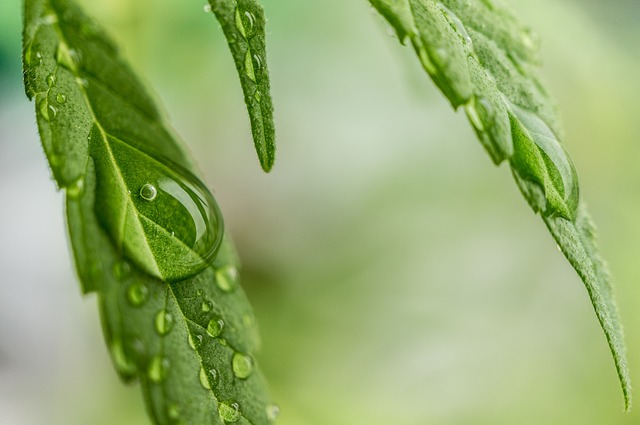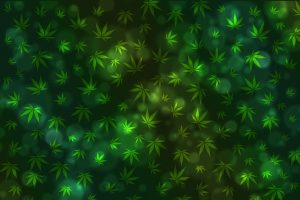You’ve probably heard of the most common myth in cannabis culture, that dopamine is responsible for the “high” you experience. Many media reports over the past few decades explain that THC induces a “flood of dopamine” that causes the pleasurable “high” cherished by recreational cannabis consumers.
So where did they get the idea from? For more than four decades addiction scientists have embraced the unifying theory – that nearly all addictive substances and activities flood the limbic brain with dopamine.
The National Institute on Drug Abuse (NIDA) explains it:
THC, acting through cannabinoid receptors, also activates the brain’s reward system, which includes regions that govern the response to healthy pleasurable behaviors like sex and eating. Like most other drugs of abuse, THC stimulates neurons in the reward system to release the signaling chemical dopamine at levels higher than typically observed in response to natural stimuli. This flood of dopamine contributes to the pleasurable “high” that recreational marijuana users seek.
How Pot Works
Each bud and leaf of the marijuana plant is composed of hundreds of chemicals but scientists have mainly focused their time and research on two main compounds: tetrahydrocannabinol (THC) and cannabidiol (CBD).
These are explained in another article or two. Let’s get to the main topic.
The Short Term Efects
THC is absorbed into your body extremely fast. Withing second, it gets to the brain and goes crazy with the neurons, the brain’s cells. In order to understand the process, we’ll look at neurons before we move on. Neurons are cells that don’t actually touch each other. The gap between brain cells is called a synapse, and the brain uses chemicals called neurotransmitters to pass messages across these gaps. You’ve probably heard of a few neurotransmitters, like seratonin, epinephrine, and dopamine. While most neurotransmitters are made in the glands, some man-made drugs (legal and illegal) can mimic the same effects as natural neurotransmitters. A neurotransmitters binds to a neuron, which signals the body to do something. When a neurotransmitters fits into the correct receptor, it chemically turns that neuron on or off.
This is where THC comes in. The active chemical in marijuana anandamide. It is often referred to as the “bliss molecule” due to its role in boosting memory and learning,dulling pain, and stimulating the appetites. Anandamide normally teams up with dopamine, and together thee neurotransmitters turn on and turn off different chemical pathways as needed.
THC may mimic anandamice but they don’t produce the exact same effects. After someone takes a hit or a puff, THC binds to cannabinoid CB1 and CB2 receptors, which are located in several parts of the brain such as the hippocampus, cerebral cortex, cerebellum and basal ganglia. These areas of the brain are responsible for short-term memory, coordination, learning, problem solving and unconscious muscle movement. When THC get to work on the cannabinoid receptors, it gets in the way of natural neurotransmitters that need to bind to those sites to make all of the functions listed above work properly.
When THC prevents anandaminde from doing its job, the balance between anandamide and dopamine is thrown off. The result is that we’re euphoric, sometimes off-balance, we get hungry (munchies), seemingly impervious to pain and unable to retain information.
The Long Term Effects
How long THC affects the brain and stays in the body depends on many factors including the potency of the marijuana, the smoker’s experience with the drug, how it is ingested and if it’s used together with other drugs or alcohol. The immediate effects of THC kick in after a few seconds and last for an hour or two, but the chemicals can stay in your body for quite a while. THC is fat-soluble, so it can stay in body tissues or several weeks, or even months if you are a habitual smoker.
So will these crazy nights or days ruin your brain? A ton of studies have proven that smoking weed won’t destroy your brain cells. Take a drag, loosen up but always check the legal status in your state before you do so.



